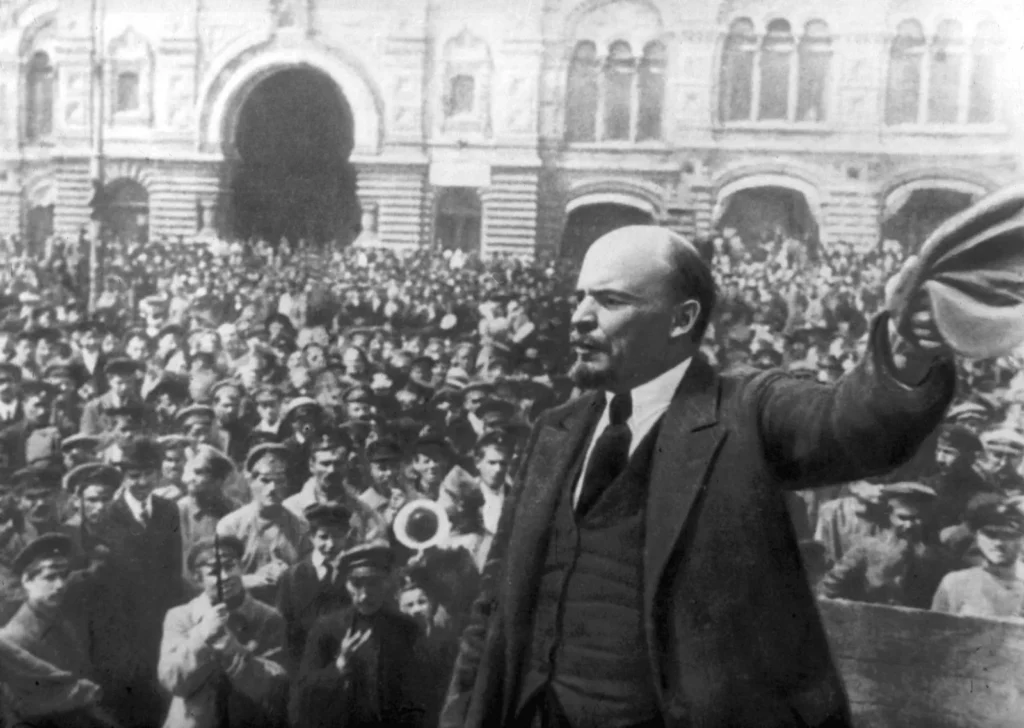This timeline wil show a brief outline of all of the Russian Depth in the Camebridge IGCSE, but will still provide a general understanding of chronology of Russia in this time of turmoil!
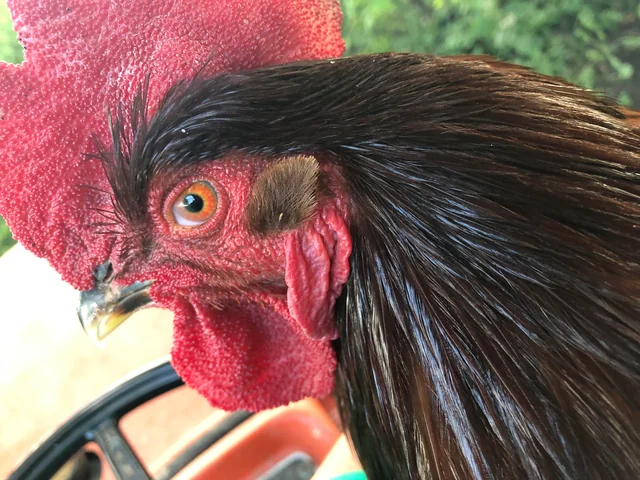
In this period in Russia, there was a great deal of unrest in the countryside due to the ongoing issues of drought
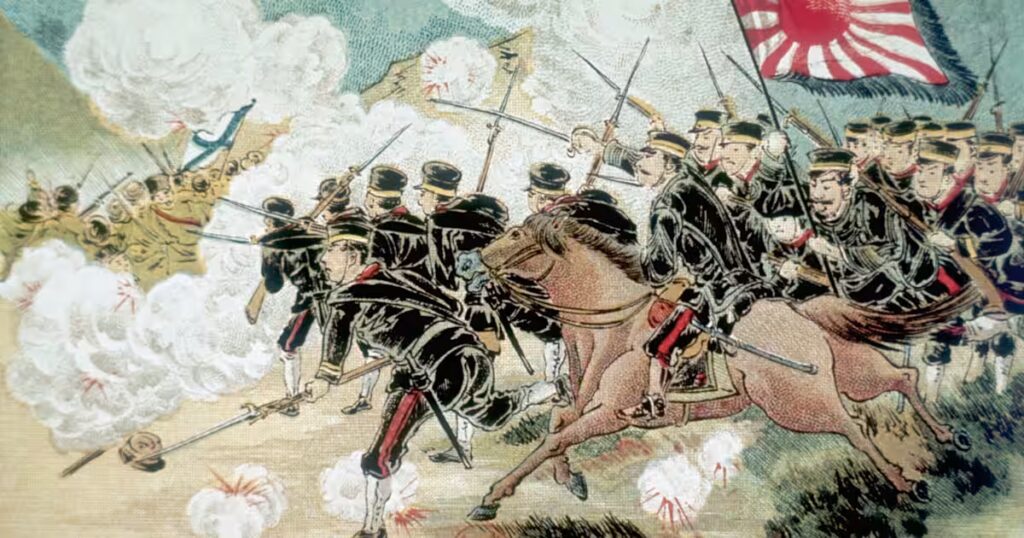
The Russo Japanese War was war fought over the control of Manchuria - even though it was owned by china! It was a Humiliating Defeat for Russia as it lost the entirety of it's Balkan Fleet.
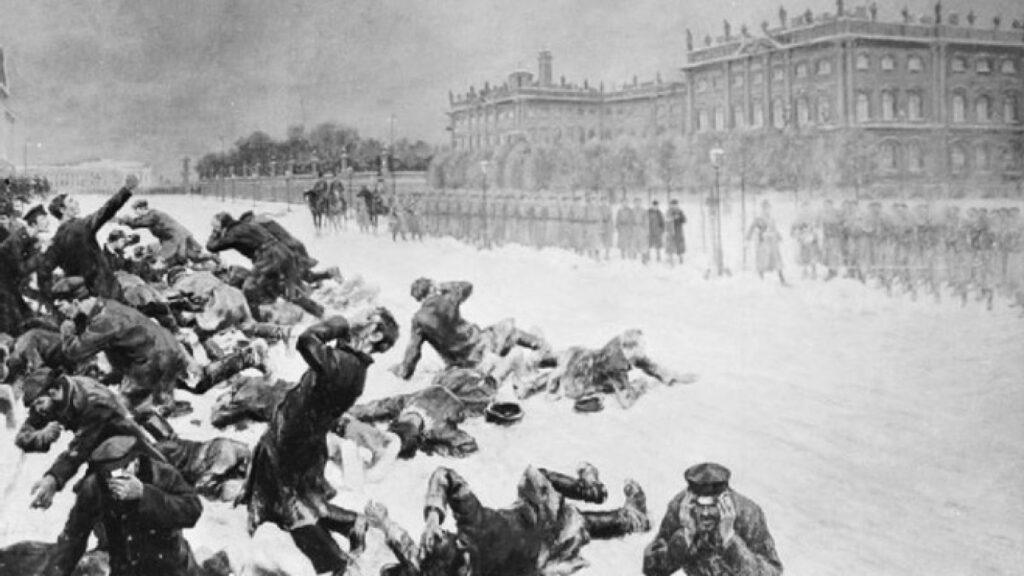
Bloody Sunday was a Peaceful Protest, aimed at delivering a petition asking the Tsar (Nicholas II) for better living conditions essentially. The march was led by Father Gapon (A Russian Orthodox Preist). As the protestors approached the Winter Palace, the guards shot at them killing at lease 20 and wounding more.
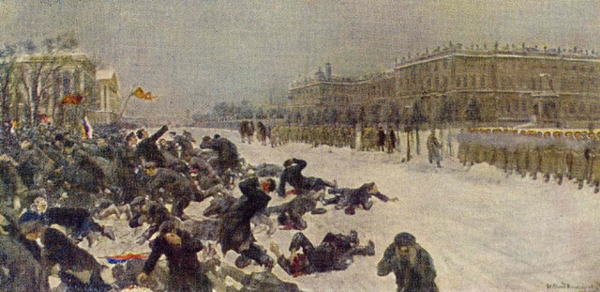
The 1905 Revolution is one of the 2 main Revolutions you need to know in the IGCSE History! All infomation on this link: https://myexams.org/1905-Revolution
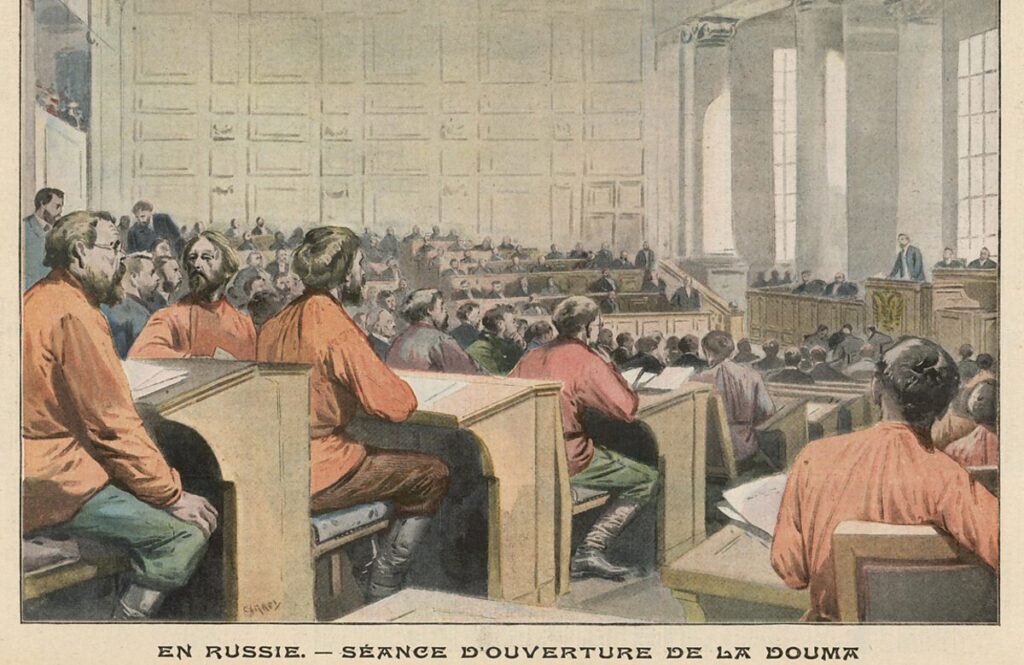
To stop the unrest partially, tsar signed the October Manifesto, which answered the demands of the Liberals, with a elected constituent assembly and freedom to strike. This split the tsar's opostion as many supported the october manifesto (Liberals)
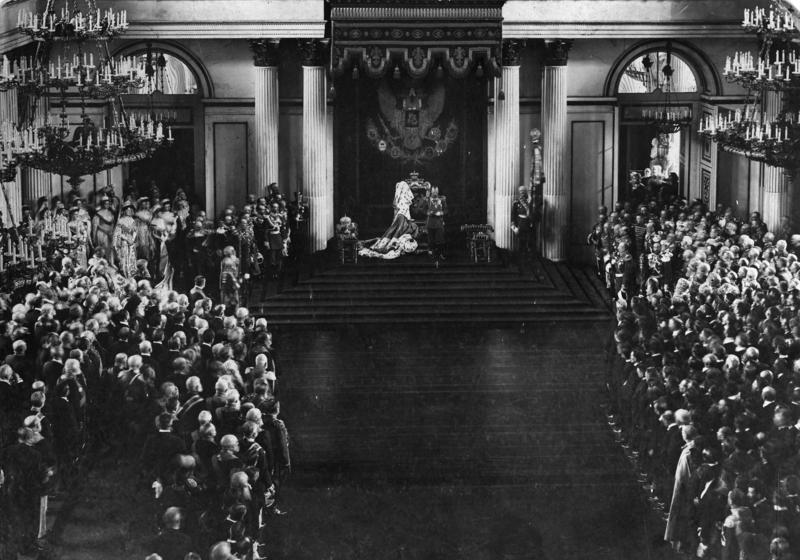
These Laws which the Tsar Forcibly passed essentiall weaken the power of the Duma by reinforcing the Tsar ability to pass laws without it, dissolve the Duma, and rule without it. This angered the Octoberists as their power had been reduced

Stolypin wanted to reform Russia as she was behind the rest of europe militarily and economically.
He reformed agriculture by ending the Redemption payments which were payments that peasants had to give to their local lord as they were no longer serfs.
He reformed industry by making industrial workers living conditions that bit better and increased the output of Iron and Steel by 50% in 1914.
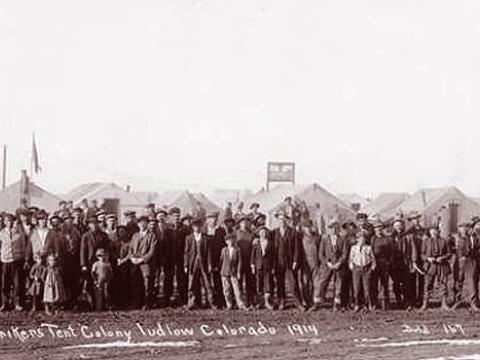
The Lena Goldfields strike was a violent uprising of industrial works at that location. It was caused by the horrfic conditions in the gold mine and that the food was rotten meat. They then seized the mine and the strike had to be put down by force by the Tsar's still loyal army
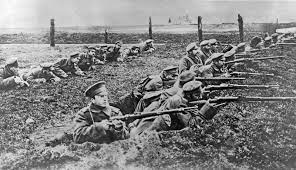
The outbreak of World War one put even more stress on Russia's industry and Agriculture and caused food shortages because of the lack of organisation (food left to rot by train station as there was nothing to pick it up there) and the loss of Russia's agricultural land in Poland.
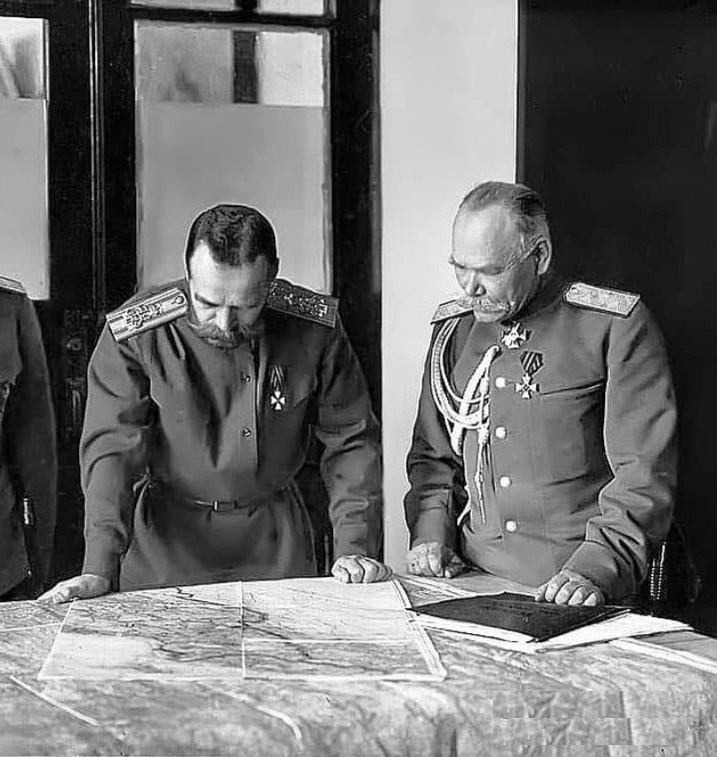
When the Tsar became commander in chief, he now had personal responsibility for the faliures in world war 1 as a dictator
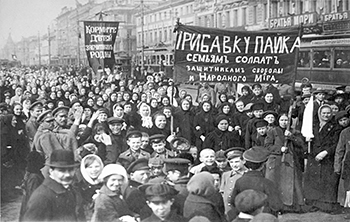
This was the Revolution where i made a separed page for it access it here: https://myexams.org/russia1917rev
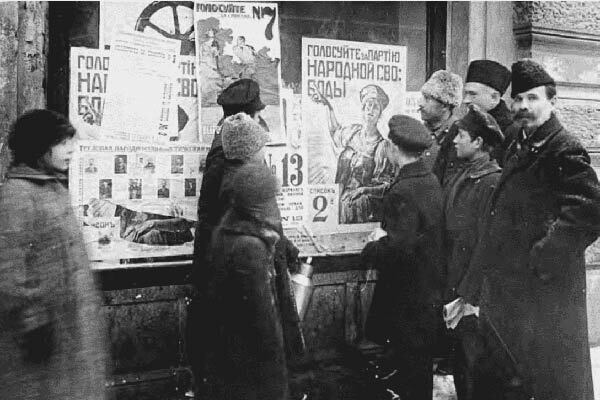
Here lies the last free and fair election in Russia, because the Bolsheviks overturned the result to keep their power
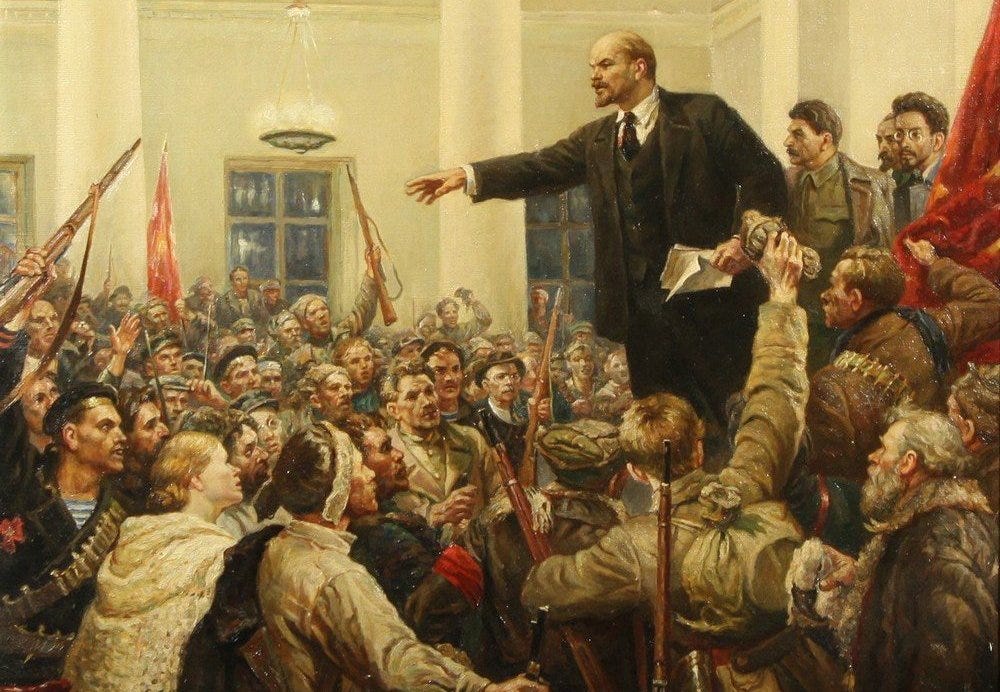
Lenin followed up with one part of his slogan - ALL POWER TO THE SOVIETS
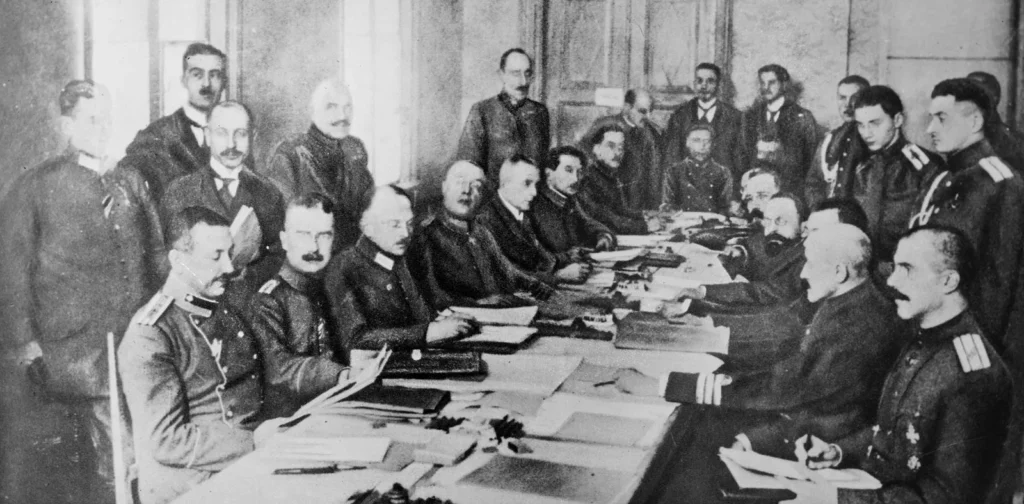
This was the Treaty Negotiated by Trotsky, which gave unfavourable conditions such as the enitre loss of Russia's western good farmland
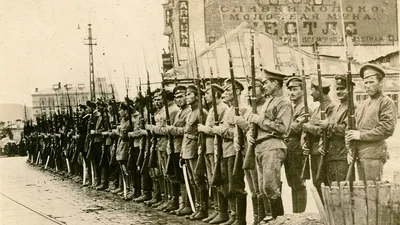
The beginning of the Brutal Russian Civil war, which was the Bolsheviks (The Reds) and almost all the non-Bolsheviks (The Whites). There were horrors on each side. The Reds won due to their superior Logistics, Properganda and Location (the cities)
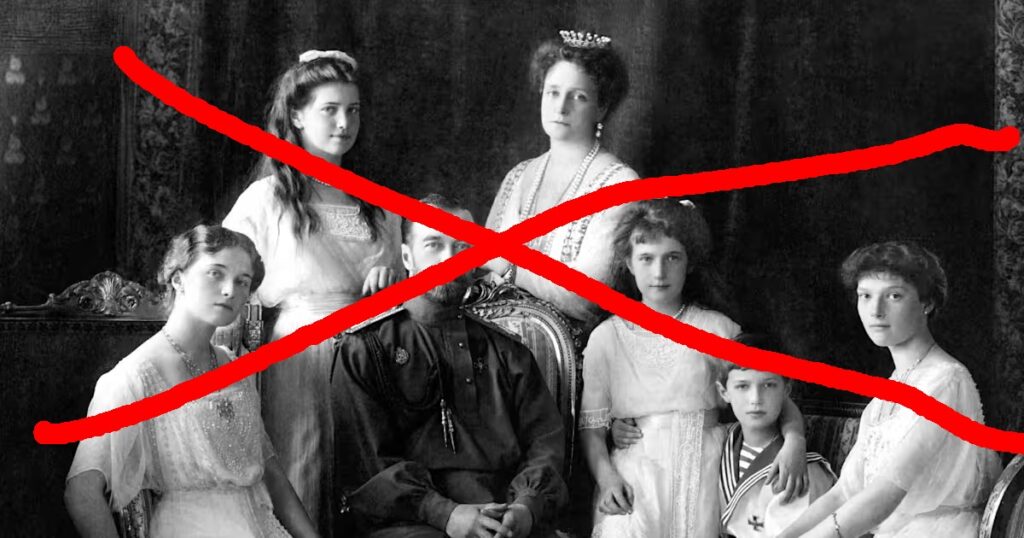
In the Bolshevik controlled Ekaterinburg, the Bolsheviks decided to kill the Romanov family that had ruled Russia for 200 years

After the failed assination of Lenin by Fanny Kaplan, he decied to begin the red Terror. Where everyone feared for their life as it involved the mass execution and imprisonment of those suspected of opposing the Bolsheviks, including political opponents.
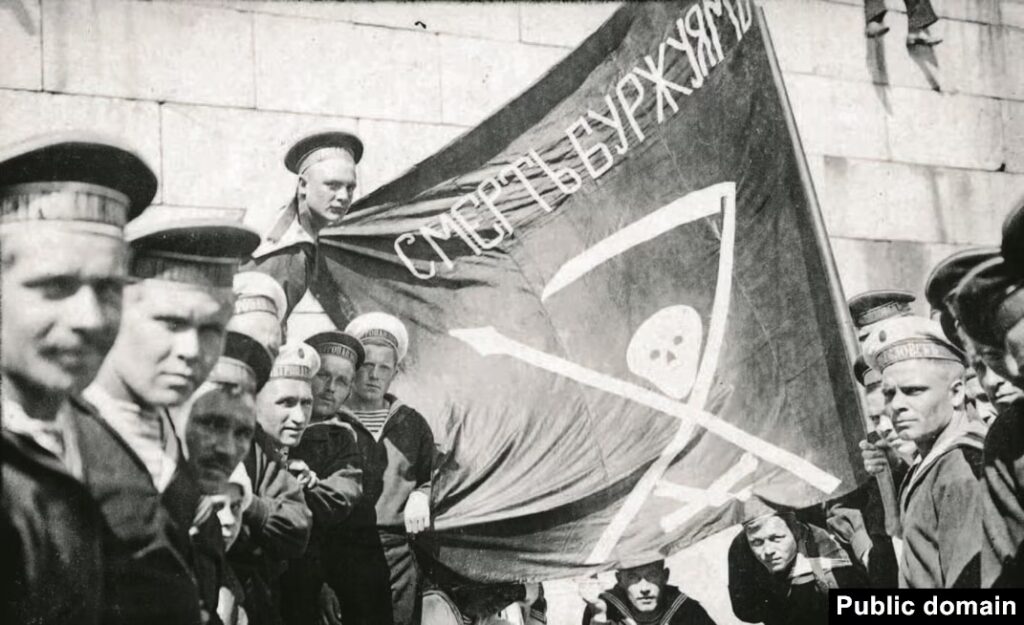
Sailors at the Kronstadt naval base, once Bolshevik supporters, rebelled against harsh conditions. Lenin asked trosky to crush the revolt and Lenin introduced the New Economic Policy (NEP) to ease unrest by allowing some private trade.
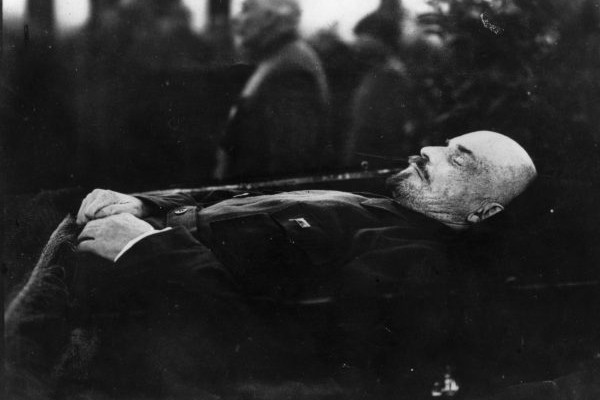
Lenin died after a series of strokes, leading to a power struggle between General Secretary Stalin, and Trotsky on who would 'succed' him as the next leader. Spoiler- Stalin WON.
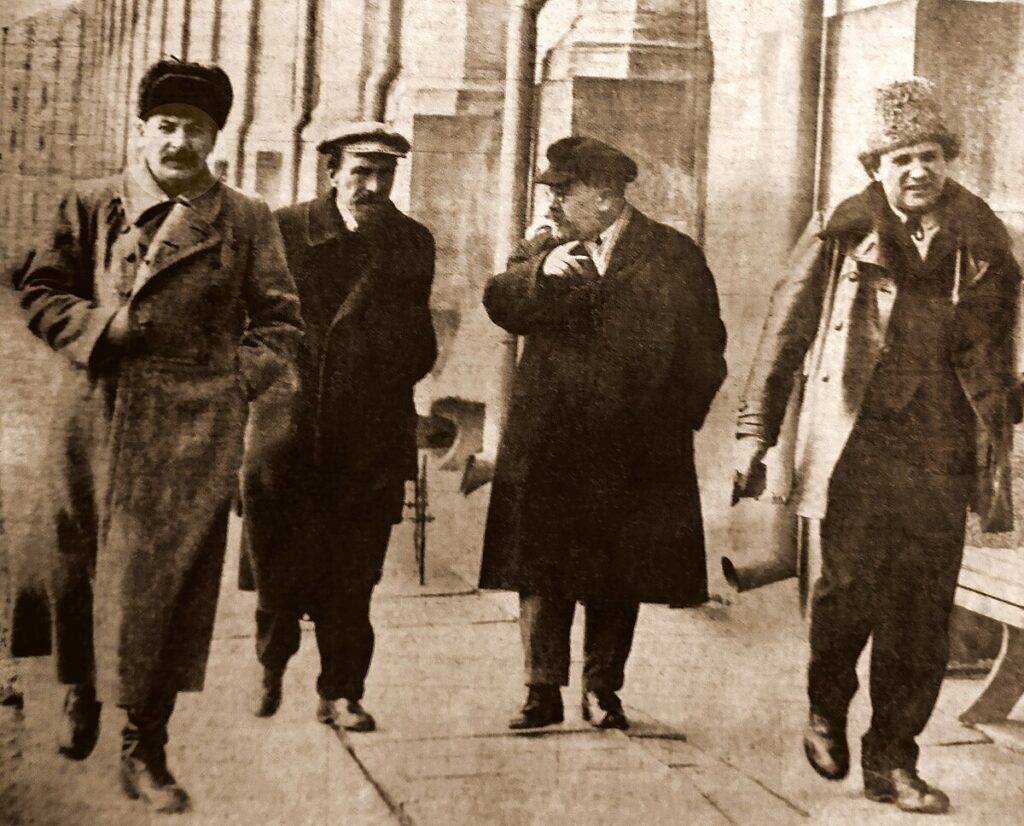
Stalin allied with Zinoviev and Kamenev to sideline Trotsky from power after Lenin's death.
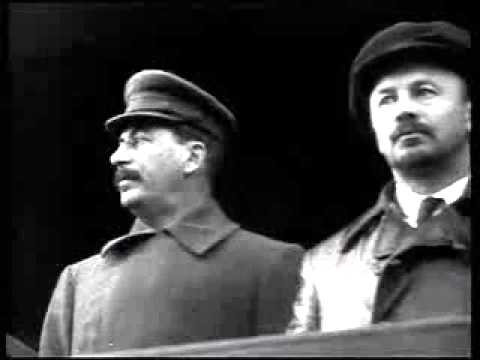
After defeating Trotsky, Stalin turned on Zinoviev and Kamenev, now allying with Bukharin to promote the NEP and defeat Stalin's Left Opposition.
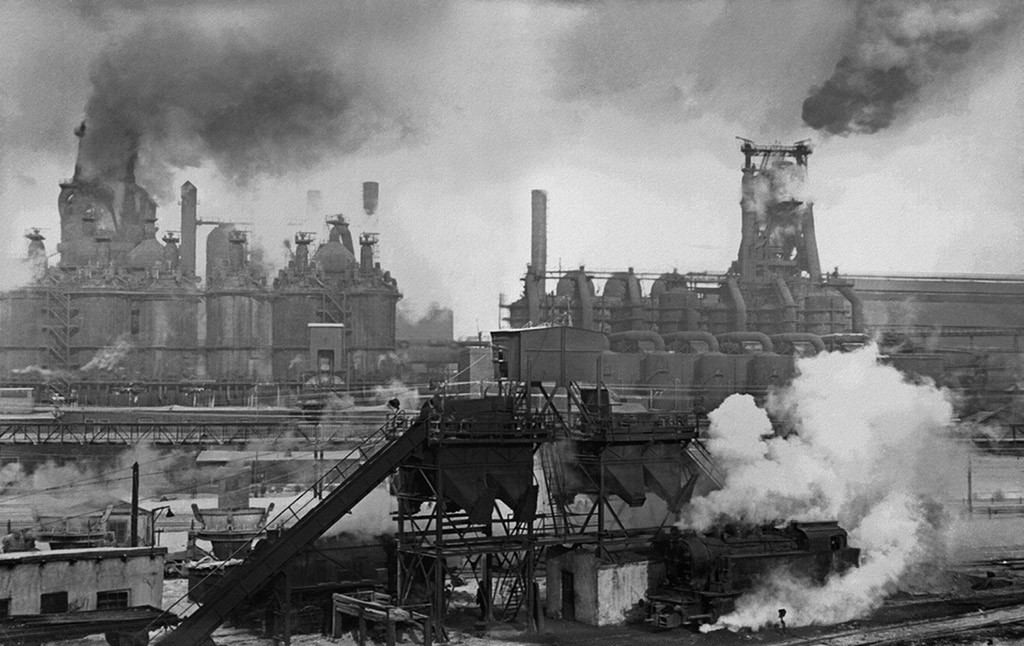
Stalin launched rapid industrialisation and the collectivisation of agriculture, aiming to transform the Soviet Union into a major power quickly.
Magnitogorsk is example of one of the industrial new cities
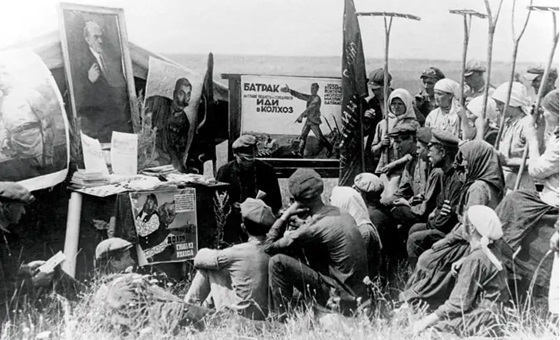
Farms were forcibly merged into collective farms; Kulaks resisted violently. After initial failures, the policy was paused, then harshly enforced again.
These state farms were run by Bolshevik Officals.
THEN THERE WAS A FAMINE! That whats collectivisation was made to prevent from ever happening!
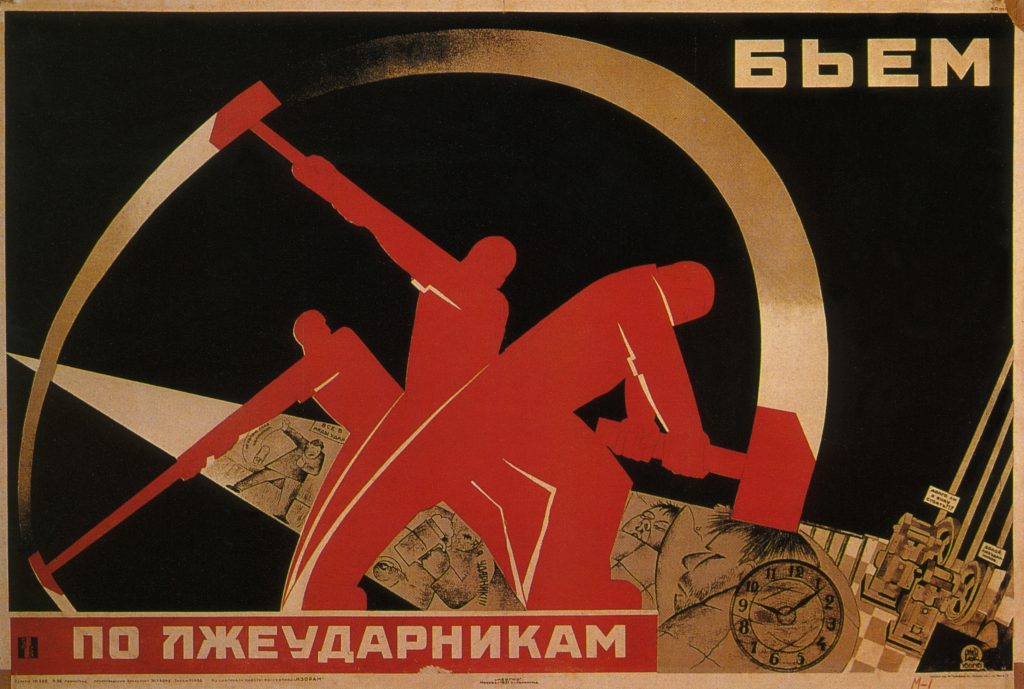
Focused on continuing industrial growth, especially heavy industry and transport, and improving living standards slightly.
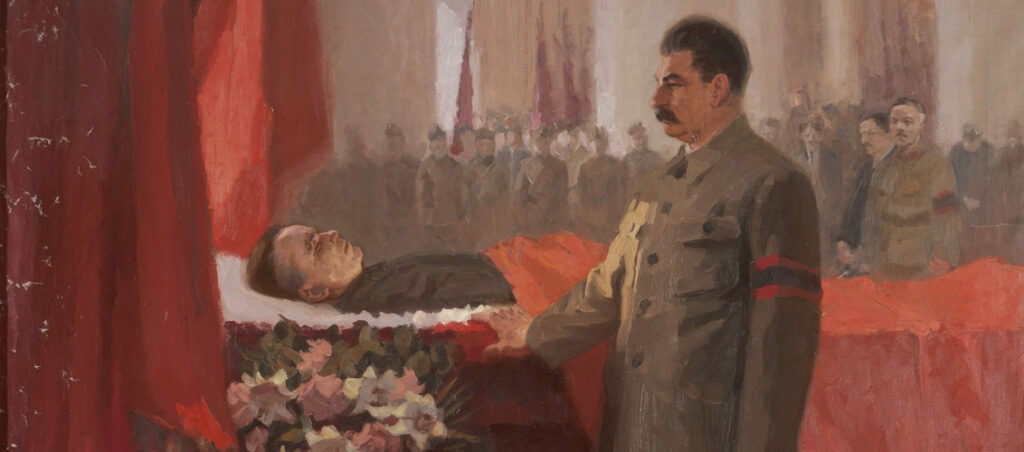
Sergei Kirov, a popular Communist leader gaining power was murdered, possibly on /S\t/a\l/i\n/'s orders. His death triggered the Great Purges which purged not only the party but every single organisation or community.
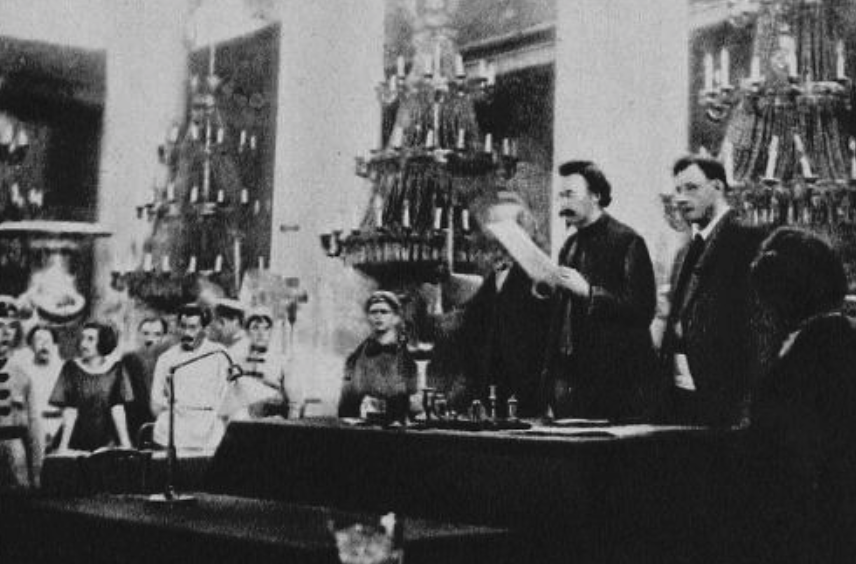
The 1936 Constitution promised rights but meant little during the Great Terror. Bukharin, a former ally of Stalin, was tried and executed in a show trial in 1938. 'I am guilty for all charges put against me'
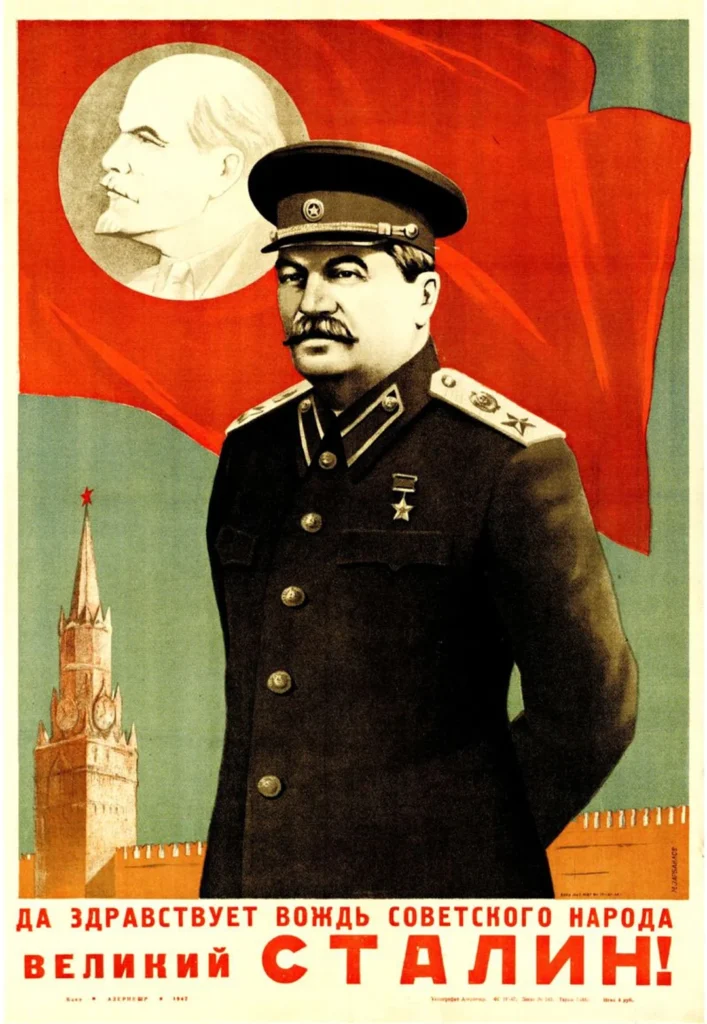
Shifted focus toward military production as war loomed; disrupted by the Nazi invasion in Operation Barborrosa

The winter war with Finland lasted a while, given the power of the Soviet Union. However with the Purges, this was Humilitaing for the Soviet Union as most of its finest Commanders were killed in the purges.
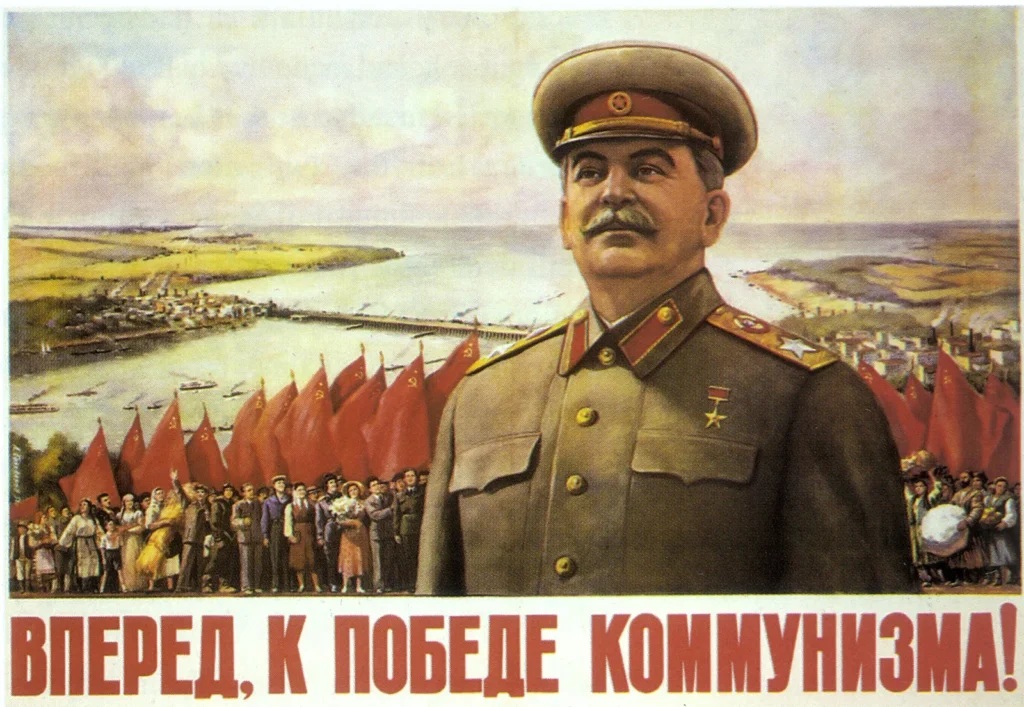
Nazi Germany invaded the Soviet Union in a massive surprise attack, leading to WWII bloodiest battles, testing Stalin's new industrial might
"Death is the solution to all problems. No man - no problem."
Joesph STALIN
